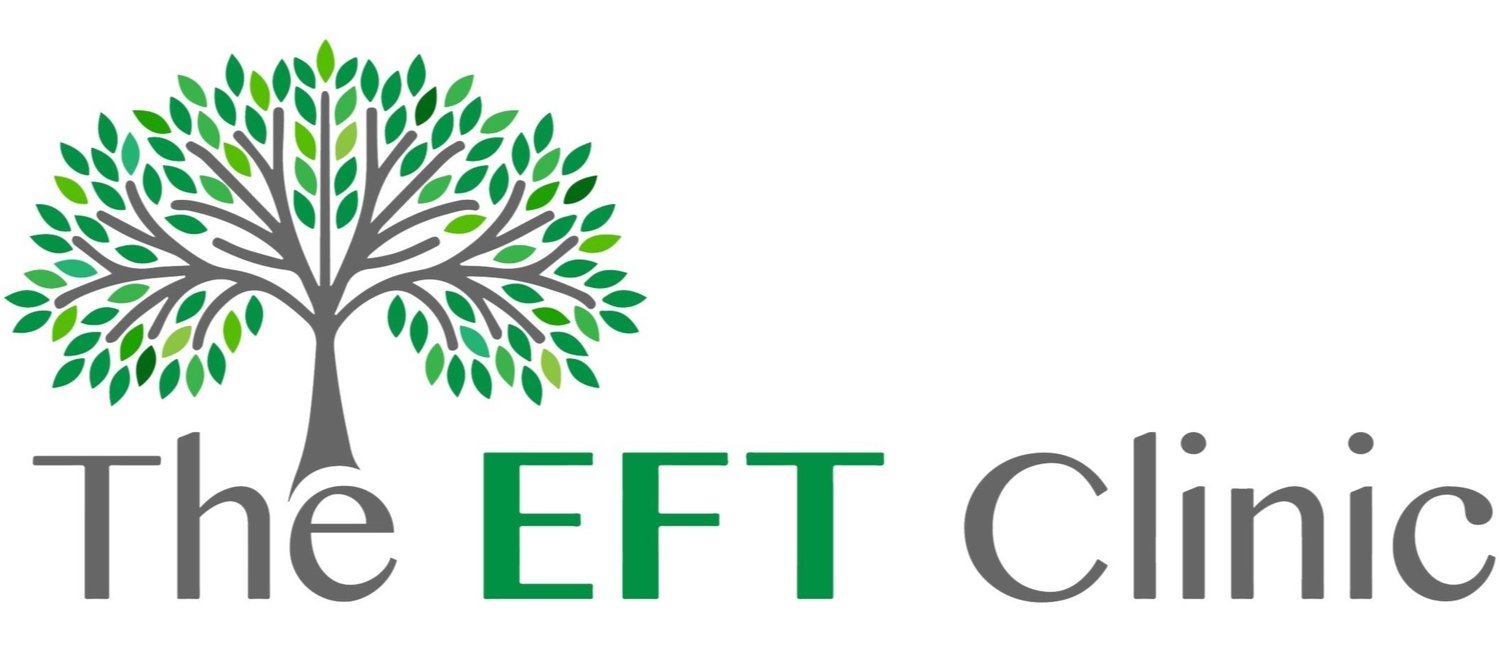Treating Trauma Systemically
/Treating Trauma Systemically
Cami Horrocks, MFTI
Treating Trauma Systemically
by Cami Horrocks, LMFT
“The core experiences of psychological trauma are disempowerment and disconnection from others. Recovery, therefore, is based upon the empowerment of the survivor and the creation of new connections. Recovery can only take place within the context of relationships; it cannot occur in isolation” (Herman, 1997).
What is Trauma?
The clinical description of trauma as provided by the APA in the DSM-5 states that trauma is characterized as “directly experiencing, witnessing, or learning of an instance that involves the actual or threatened death, serious injury, or sexual violence to oneself or others. Traumatization, then occurs when a person’s perceived internal and external resources prove incapable of helping them cope with a particularly overwhelming or frightening experience” (APA, 2013). These situations may be one-time events or a series of prolonged experiences that result in severe psychological and/or emotional distress that undermines survivors’ perceived sense of control, connection, and meaning.
Examples of Traumatic Experiences:
· Domestic Violence/Abuse
· Sexual Abuse/Assault
· Car Accident
· Natural Disaster
· Emotional Abuse
· Serious Illness
· War
· Neglect or Unexpected Displacement from Family
In my experience working in Residential Treatment Centers (RTCs), I was exposed to several children and teens who have been through extremely traumatic experiences. Trauma negatively impacts childhood development and one’s ability to regulate behaviors and emotions. While it is true that many children experience isolated traumatic events, it is more likely to come from their system of care which interrupts their development and makes it challenging for them to emotionally regulate. The kids I worked with often had violent emotional outbursts, acted out sexually, and exhibited many abnormal behaviors. These teens are placed in RTCs to remove them from the negative influences at home and provide needed professional help. It was sometimes difficult to remember that these were traumatized individuals who have not learned any other way of expressing their emotion. Feelings of frustration and hopelessness as a parent or loved one of traumatized individuals are a normal response to these situations.
Symptoms of Trauma
· Increased Agitation and Irritability
· Hypervigilance
· Social Isolation
· Anxiety
· Depression
· Guilt
· Mistrust
· Nightmares or Intrusive Thoughts
Hope for Trauma Survivors
While the effects of trauma can be extremely challenging, there is hope for healing! Treatments such as Lifespan Integration (LI), Cognitive Behavioral Therapy (CBT), Psychoeducation, etc., may be effective in helping individuals recover from traumatic experiences. Through Emotionally Focused Therapy (EFT), people can feel empowered to strengthen their intimate connections with their loved ones, thereby increasing their feelings of safety and confidence that they will be supported in the moments where they are feeling triggered or afraid. People who feel connected to their partner, family, and community are more resilient and capable of handling the significant stressors that life throws at them.


